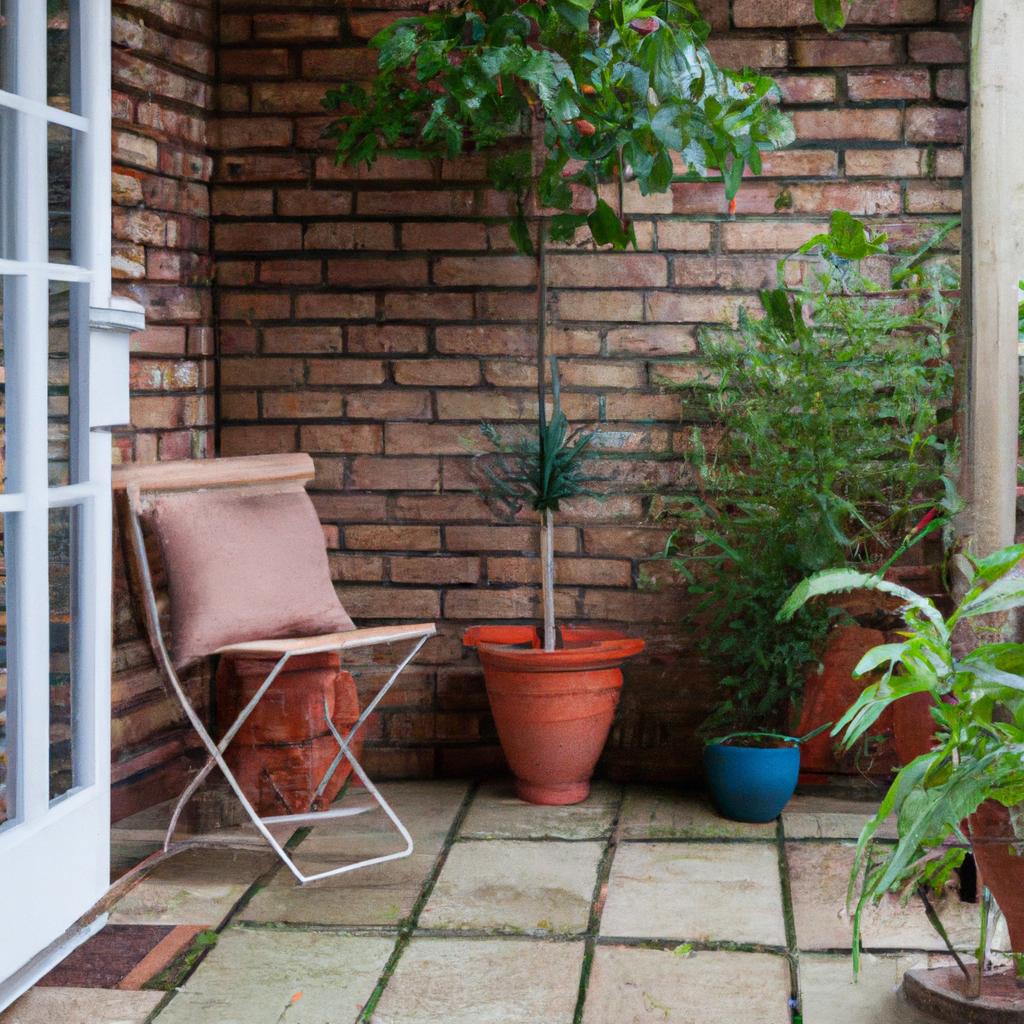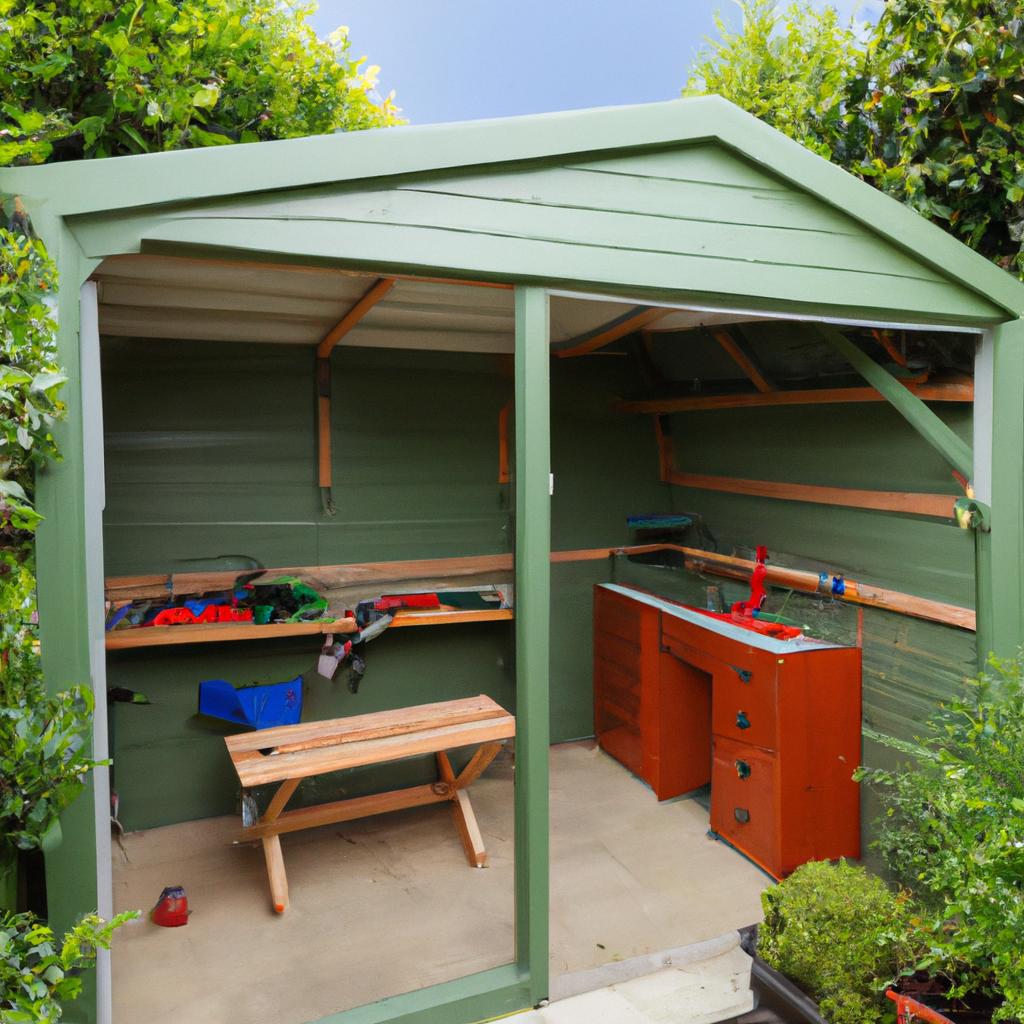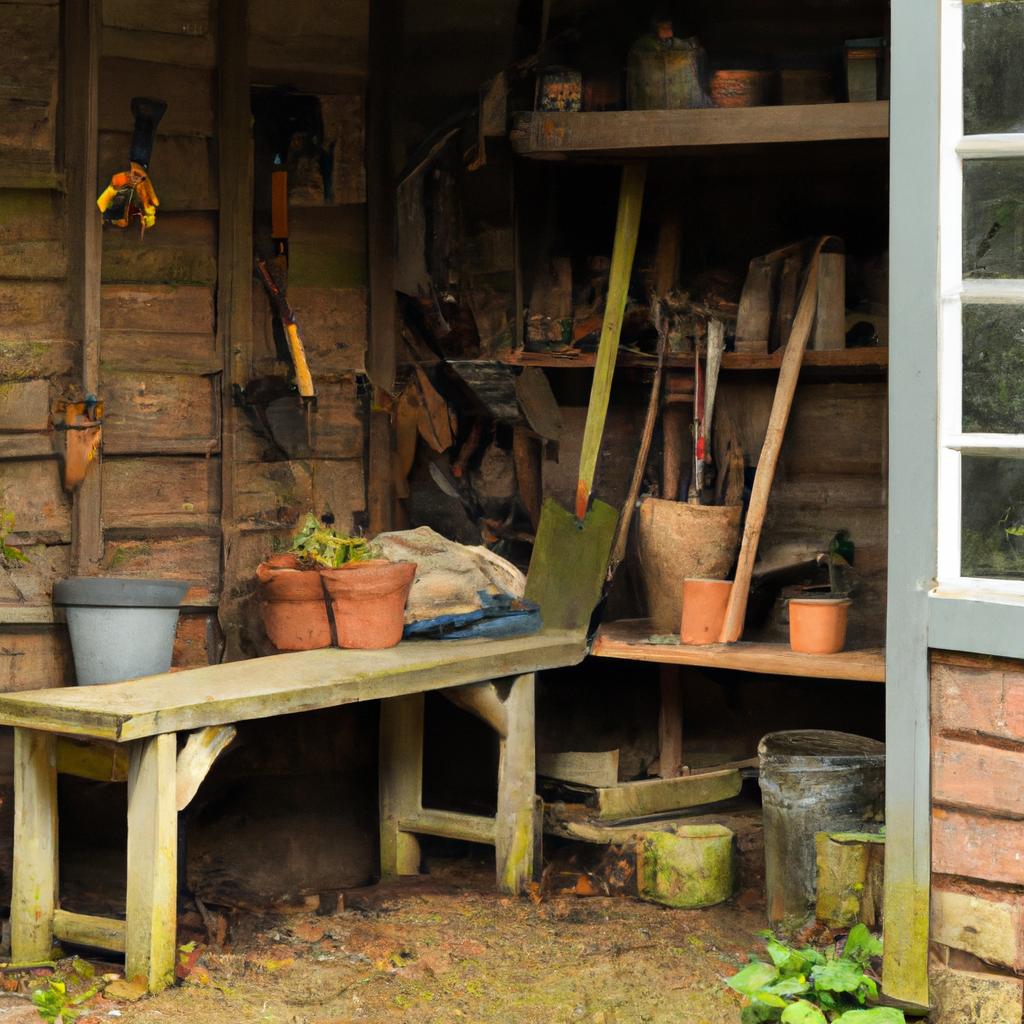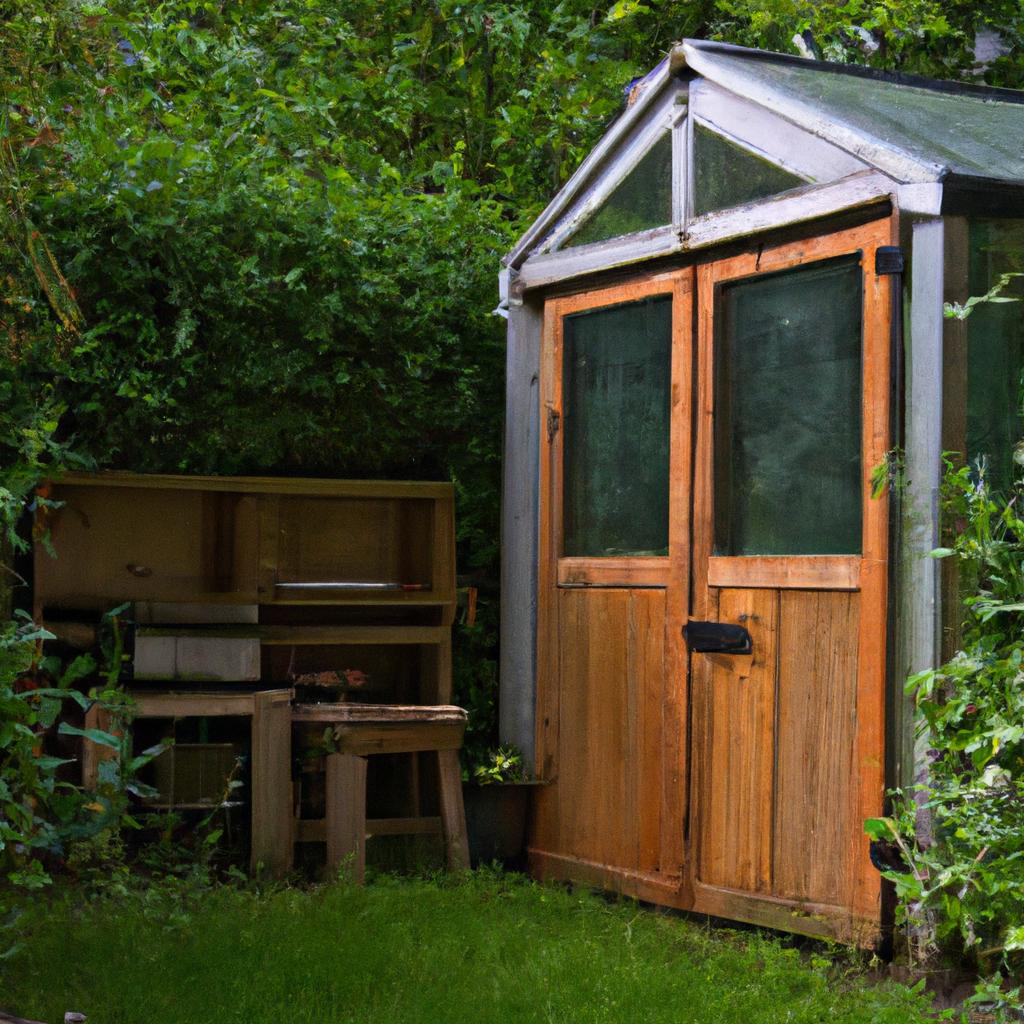Are you searching for a way to enhance your outdoor space while also creating a tranquil sanctuary for yourself? Look no further – garden workshops are the ideal addition to your backyard. Not only do they provide a space for creativity, relaxation, and physical activity, but they also promote mental well-being and reduce stress.
Unleash Your Creativity
Garden workshops offer the perfect environment to explore your creative side. Whether you enjoy painting, writing, or woodworking, having a dedicated space for your hobbies can be incredibly fulfilling. The peaceful ambiance of a garden workshop can provide inspiration and ignite your imagination for new projects and ideas.

Find Serenity and Relaxation
After a long and demanding day, there’s nothing quite like unwinding in your own garden workshop. These structures provide a peaceful retreat from the hustle and bustle of daily life. Whether you prefer losing yourself in a good book, meditating, or simply reveling in the sounds of nature, a garden workshop can be your personal sanctuary for relaxation.

Embrace Physical Activity
Garden workshops are not just for quiet contemplation – they can also be a great way to promote physical activity. Whether you’re engaging in a DIY project or tending to your garden, these structures provide a space to stay active and engaged. This is especially beneficial for those who spend most of their day sitting at a desk.

Say Goodbye to Stress
In today’s fast-paced world, stress is a common problem. However, garden workshops can be an effective way to reduce stress and improve your well-being. Spending time in a peaceful environment can calm your mind and alleviate anxiety. Additionally, the physical activity and creative expression facilitated by these structures are excellent stress management tools.

Nurture Your Mental Health
Garden workshops also contribute to your mental health. Having a dedicated space to pursue your hobbies and interests provides a sense of purpose and fulfillment. Moreover, spending time in nature has been proven to have a positive impact on mental well-being, reducing symptoms of depression and anxiety.

Now that you understand the benefits of garden workshops, let’s explore the different types available and find the perfect one for your needs.
Types of Garden Workshops
There are several popular options when it comes to garden workshops:
Potting Sheds
Perfect for gardening enthusiasts who enjoy planting, pruning, and tending to their plants. Potting sheds provide a dedicated space to store gardening tools and supplies, as well as a workspace for potting plants.
Greenhouses
Great for extending the growing season and cultivating plants that may not thrive in your climate. Greenhouses create a controlled environment with options for heating, cooling, and ventilation.
Garden Studios
Versatile structures that can serve various purposes, such as art studios or home offices. These spaces offer a quiet and peaceful environment for work or creativity and can be customized to suit your specific requirements.
Outdoor Kitchens
Ideal for those who love to entertain. Outdoor kitchens typically come equipped with a grill, sink, and countertop space for food preparation, along with seating and dining areas.
Garden Offices
Perfect for individuals who work from home and need a separate workspace. These structures provide a dedicated office space, separate from your home, allowing for increased productivity and focus.
Choosing the Right Garden Workshop
With so many options available, it can be challenging to select the right garden workshop for your needs. Here are some factors to consider:
Size and Space
Determine the size of the workshop based on your activities and the available space in your backyard. Consider what you will be using the workshop for and ensure there’s enough room for you to comfortably pursue your interests.
Budget
Garden workshops come in a wide range of prices. Establish your budget before starting your search and focus on options that fit within your price range.
Purpose of the Workshop
Decide if the workshop will primarily be a space for relaxation and creativity or if you will be using it for practical purposes like gardening or cooking. Choose a workshop designed to meet your specific needs.
Material and Design
Consider the durability and maintenance requirements of different materials like wood, metal, or plastic. Additionally, ensure that the design of the workshop complements the overall aesthetic of your backyard.
Location
Choose a location for your workshop that is convenient and complies with zoning requirements. Factors like sun exposure and privacy should also be taken into account.
DIY Garden Workshops
If you’re skilled with tools and enjoy DIY projects, building your garden workshop can be a rewarding experience. DIY workshops provide the opportunity to customize the space according to your preferences and can be more cost-effective than purchasing a pre-made structure.
Advantages of DIY Garden Workshops
Building your garden workshop grants you the freedom to customize the space to your exact needs. You can select the size, design, and materials that suit your preferences. Moreover, building your own workshop can save you money compared to buying one.
Steps in Building a DIY Garden Workshop
Although it may seem daunting, building a DIY garden workshop can be a manageable project with the right tools and materials. Start by determining the size and design of your workshop, then gather the necessary materials and tools. Next, prepare the site, build the foundation, frame the structure, install roofing and siding, and finish the interior.
Tools and Materials Needed
The tools and materials required for your DIY garden workshop will depend on its size and design. Common tools include a circular saw, drill, hammer, and level. Materials may include lumber, roofing materials, siding, insulation, and windows and doors.
Maintenance of Your Garden Workshop
Once you’ve built your garden workshop, it’s essential to maintain the space properly to ensure its longevity. Regular maintenance can prevent damage and preserve the workshop for years to come.
Regular Cleaning
Regularly clean your workshop by sweeping the floors, wiping down surfaces, and clearing away debris. This practice prevents pests and mold from taking hold in your sanctuary.
Proper Storage of Tools and Equipment
Store your tools in a dry and secure location to prevent rust and damage. Keeping your workshop organized and clutter-free also helps prevent accidents and injuries.
Repairs and Upkeep
Stay on top of repairs and upkeep for your garden workshop. Fix leaks, replace damaged roofing or siding, and inspect the structure regularly for signs of wear and tear. By doing so, you can guarantee that your workshop remains a peaceful retreat for years to come.
In conclusion, a garden workshop can be a valuable addition to your outdoor space. Whether you choose to purchase a pre-made structure or embark on a DIY project, these versatile spaces offer opportunities for creativity, relaxation, and physical activity while promoting mental well-being and stress reduction. With proper maintenance and care, your garden workshop will become your personal haven for years of enjoyment.
Stay tuned for the next sections, where we will delve into the various types of garden workshops available and guide you on choosing the perfect one for your needs. And remember, for all your garden workshop requirements, visit TooLacks.



